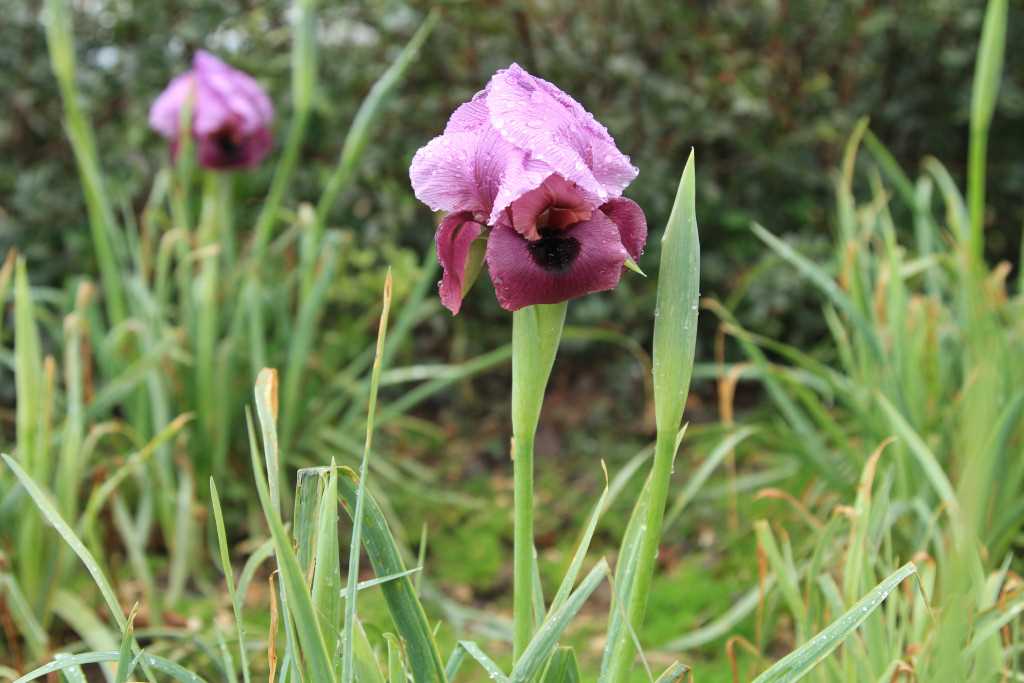
Establishment of the Iris Garden
The Iris Garden at Ramat Hanadiv contains the largest collection in the world of Oncocyclus irises; it allows the general public to become familiar with this unique group of plants and with the efforts invested in its conservation. The garden was set up in 2010 with the aim of establishing a living collection of the Oncocyclus irises growing in Israel; it serves as a collection of all the species from this group that grow in Israel.
The initiator of the garden, David Shahak (z”l), was a farmer from Kibbutz Tirat Zvi and a dedicated visionary. Together with David, the idea of integrating a new, seasonal garden of native plants, dedicated to irises, was developed. As such, this garden is fundamentally different from the other gardens at Ramat Hanadiv: the species included in it are seasonal and some of them flower for only a short period. This means that the value of this garden for research, education and nature conservation surpass its display value.
A joint effort by Ramat Hanadiv, Israel Nature and Parks Authority, Tel Aviv Botanic Gardens and The Hebrew University of Jerusalem, brought seeds and rhizomes of iris species from disturbed habitats in nature, as well as seeds from established natural populations, to the garden.
Massive urban development harms the iris habitats. Since irises are sensitive to changes and diseases it is very hard to breed them, and in actual fact it is impossible to reintroduce them to nature. Thus, in addition to having important educational value, the iris garden serves as a refuge garden for Oncocyclus irises that have been saved from sites of construction and development. Similarly to wise financial conduct, we do not keep all our eggs in one basket: some of the seeds are sown directly into the garden soil, some are sown into planters in the nursery at Ramat Hanadiv, on a special growing substrate, and after germination and development are transferred to the soil of the iris garden, and others are transferred to the Israel Plant Gene Bank in Beit Dagan, that serves as a ‘safe’ for Israel’s wild plants and for some cultivated plants.
